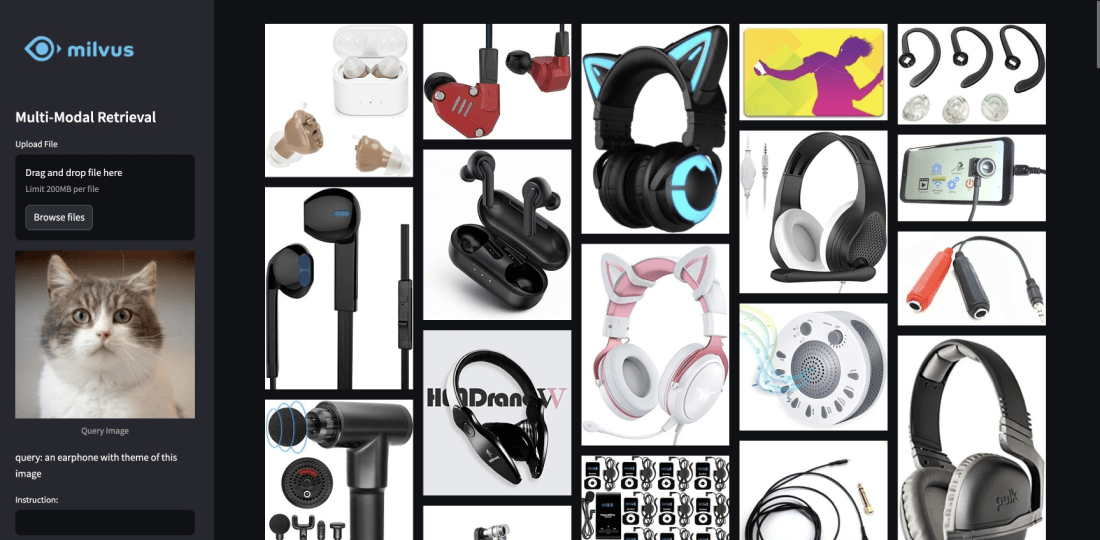Image search technology raises several ethical concerns, primarily around privacy, consent, and ownership. When search engines index images from public websites, they often do so without explicit permission from the individuals depicted or the original creators. For example, a person’s social media photos might be scraped and displayed in search results, even if they never intended those images to be publicly accessible. This becomes especially problematic when facial recognition is applied, enabling third parties to identify and track individuals without their knowledge. Developers need to consider how their systems handle personal data, as failing to respect user privacy can lead to harassment, doxxing, or unauthorized surveillance.
Another major issue is copyright infringement and intellectual property rights. Image search engines often aggregate content from across the web, including copyrighted material like photographs, artwork, or branded assets. While some platforms provide tools for creators to request removal, the burden falls on individuals to police misuse of their work. For instance, a photographer might discover their licensed images appearing in search results for commercial use, violating their terms of service. Developers building image search tools must balance accessibility with legal compliance, ensuring proper attribution, licensing checks, or opt-out mechanisms are in place to protect creators’ rights.
Finally, algorithmic bias and harmful content pose ethical challenges. Image search algorithms trained on biased datasets can reinforce stereotypes or exclude underrepresented groups. A search for “nurse” might disproportionately return images of women, while “CEO” results skew toward older white men, perpetuating societal biases. Additionally, inadequate content moderation can surface violent, explicit, or manipulated images (e.g., deepfakes), which might be weaponized for misinformation or harassment. Developers must address these risks by auditing training data for diversity, implementing robust content filters, and designing transparent reporting systems for users to flag harmful material. Without proactive measures, image search tools risk amplifying real-world harms.
